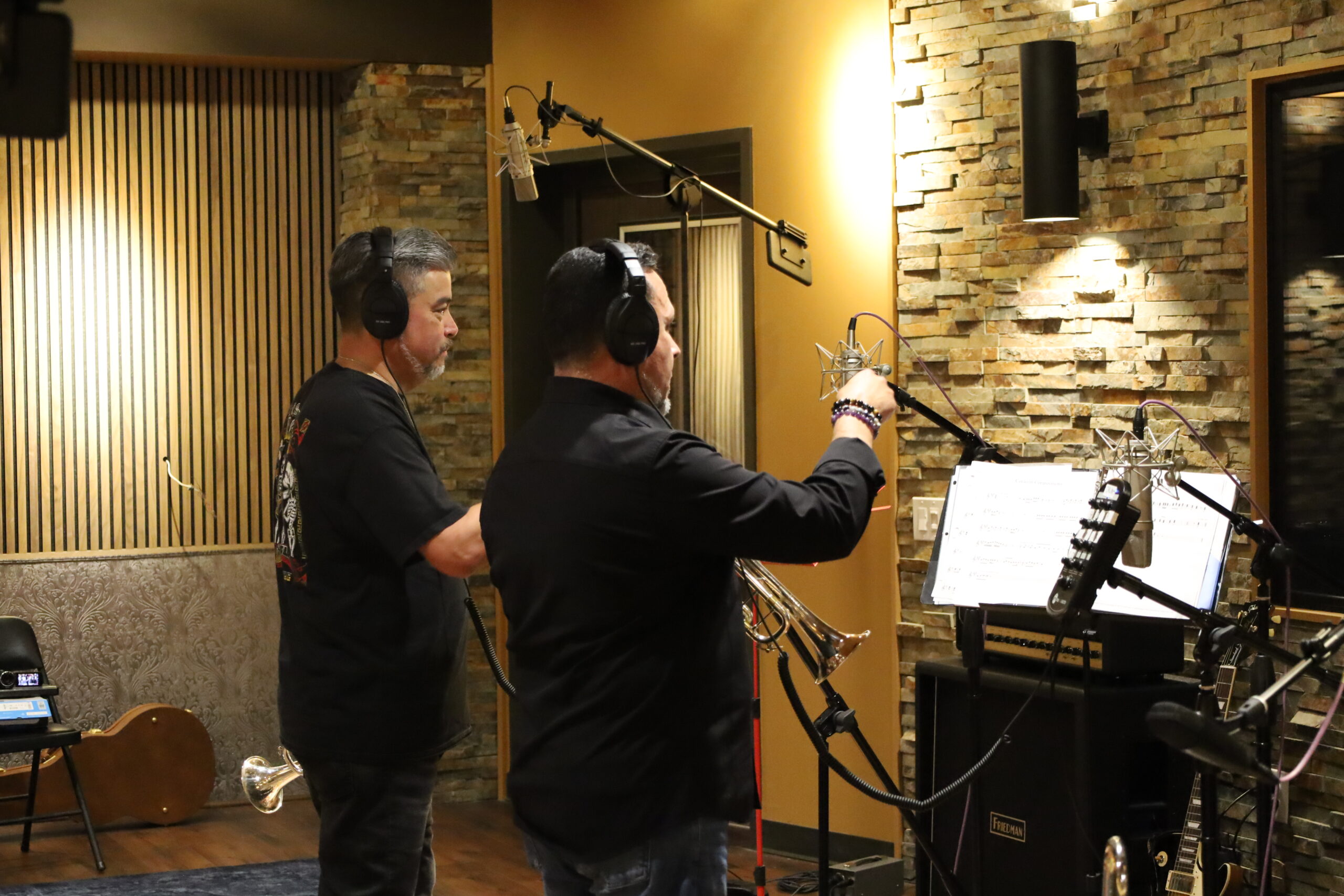If you’re an aspiring music producer or just someone looking to take their sound to the next level, mixing and mastering are crucial steps in the music production process. While many people focus on recording and composing, proper mixing and mastering can turn a good track into a great one. In this guide, we’ll walk you through the essentials of mixing and mastering, highlighting some key tips and common mistakes to avoid.
What Is Mixing?
Mixing is the process of taking all the individual tracks of a song (vocals, instruments, drums, etc.) and blending them together to create a cohesive and polished sound. It involves adjusting levels, panning, EQ, compression, and other effects to ensure that each element of the track shines in the right way.
Key Mixing Techniques:
- Level Balance
The first step in mixing is making sure all the tracks are at the right volume. If one instrument is too loud or quiet, it can throw off the entire mix. Use your ears and adjust the levels until everything feels balanced. - EQ (Equalization)
EQ is essential for giving each element its own space in the frequency spectrum. By cutting or boosting certain frequencies, you can prevent instruments from clashing and make sure each sound is clear and distinct. - Compression
Compression helps control the dynamic range of a track, ensuring that no part of the song is too loud or too quiet. It’s an important tool for keeping everything cohesive and polished. - Panning and Stereo Imaging
Panning allows you to place sounds in the left or right speaker, creating a sense of space and width. Use panning wisely to create a stereo image that feels natural and engaging.
For more in-depth tips on mixing, check out UpAboveEntertainment’s blog.
What Is Mastering?
Mastering is the final step in the music production process. It takes the mixed track and prepares it for distribution, whether that’s for streaming, CDs, or vinyl. Mastering involves refining the overall sound, optimizing it for different playback systems, and ensuring that it meets the necessary technical standards.
Key Mastering Techniques:
- EQ Adjustments
While mixing focuses on individual elements, mastering is about making adjustments to the track as a whole. Subtle EQ tweaks can enhance the overall tone and ensure the song translates well on various playback systems. - Limiting
Limiting is a form of dynamic range compression that prevents clipping and distortion by controlling the peak volume of the track. It ensures that the track sounds loud and clear without distortion. - Stereo Enhancement
In mastering, stereo widening can make the track feel bigger and more immersive. However, it’s important not to overdo it, as too much stereo enhancement can result in phase issues. - Final Volume Levels
One of the primary goals of mastering is to ensure that the track’s final volume is consistent with industry standards. This ensures that your song sounds great in any context, from streaming to radio play.
For more insights into mastering, check out this detailed guide on Audio Issues.
Common Mixing and Mastering Mistakes to Avoid
- Overcomplicating the Mix
It can be tempting to add lots of effects and layers, but simplicity is often key. Avoid cluttering your mix with unnecessary elements. - Too Much Compression
Compression can be your friend, but overusing it can squash the life out of your track. Make sure to leave some dynamic range to keep things interesting. - Ignoring the Song’s Emotional Tone
Mixing and mastering aren’t just technical processes; they’re artistic ones as well. Ensure that the sonic choices you make support the emotion of the song. - Not Listening on Multiple Systems
Your track may sound great on your studio monitors, but how does it sound on a laptop, car stereo, or phone speaker? Always check your mix and master on various systems to ensure it translates well.
Why You Should Consider Hiring a Professional
While DIY mixing and mastering can be fun and rewarding, hiring a professional can elevate your sound. A professional audio engineer has the experience and tools to make your music sound its best. They can bring a fresh perspective and ensure that your track is ready for the world.
If you’re ready to take your music to the next level, contact UpAbove Entertainment for expert mixing and mastering services.





